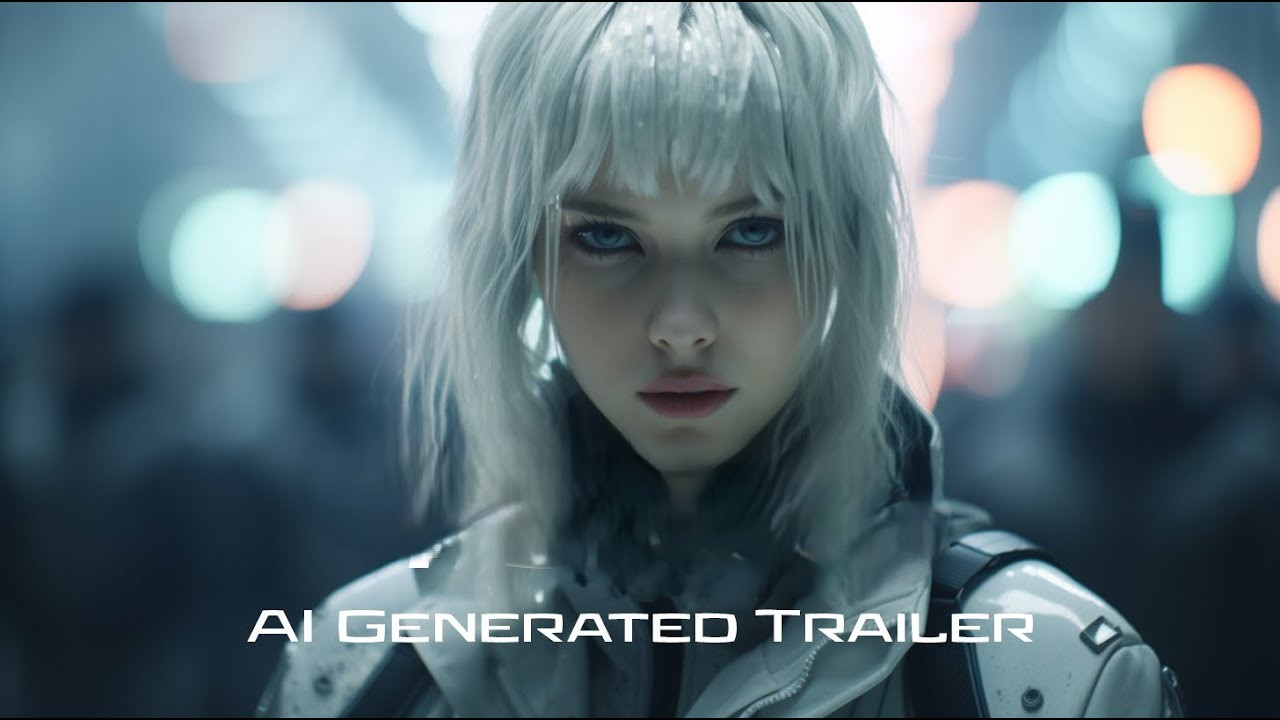Introduction
AI has transformed numerous industries, and the world of movie marketing is no exception. Today, AI-generated movie trailers are capturing viewers’ attention with immersive visuals and personalized experiences. With sophisticated algorithms, AI can analyze scenes, moods, and characters to create trailers that are both engaging and aligned with audience preferences. This article explores the best AI-generated movie trailers of recent years, examining how they compare to traditional trailers, analyzing their effectiveness, and considering the future of AI in film promotion.
The Rise of AI-Generated Movie Trailers

AI-generated movie trailers have become more common in recent years. As technology has improved, studios have started using AI to create trailers that attract viewers. This rise is due to the need for faster and cheaper ways to promote films. With AI, trailers can be produced quickly while still being exciting and engaging. More filmmakers are recognizing the benefits of using AI, making it a popular choice in the industry.
How AI-Generated Movie Trailers Work
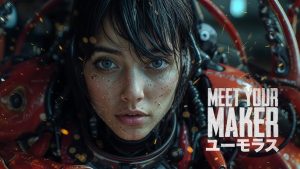
AI-generated movie trailers use complex algorithms to process a film’s elements, such as key scenes, dialogue, and soundtrack. The AI learns patterns from past successful trailers, selecting scenes based on criteria like emotional impact, suspense, or humor. Additionally, AI can adapt to trends in trailer formats, like fast-paced edits or teaser-style storytelling, to produce a final cut that resonates with target audiences.
Why AI-Generated Trailers Are So Popular

AI-generated trailers are becoming popular because they save time and money. Traditional trailers can take weeks to edit, while AI trailers are often completed in hours. AI can also make different versions of a trailer for different groups of people, such as younger or older viewers. This customization helps studios reach a wider audience.
Benefits of AI-Generated Trailers
AI-generated trailers offer several advantages. First, they save time. Creating a trailer can take weeks, but AI can do it in just a few hours. Second, they are often cheaper because they reduce the need for a large editing team. Third, AI can personalize trailers for different audiences, making them more appealing to specific groups of viewers. This ability to tailor content helps studios connect with their audiences better than ever before.
The Role of AI in Movie Promotion
AI plays an important role in how movies are promoted today. By analyzing data about what audiences like, AI can choose the best scenes to include in a trailer. It helps create trailers that highlight a movie’s main themes and emotions. Additionally, AI can generate multiple versions of a trailer for different audiences, allowing studios to reach a wider range of viewers. This role is reshaping how studios think about marketing their films.
Key Advantages of AI-Generated Trailers
- Time Efficiency: AI can produce a trailer in a fraction of the time it would take a human editor.
- Cost-effectiveness: Reduced human hours translate to lower production costs, making this option attractive to studios on tight budgets.
- Personalization: AI can analyze audience data, allowing studios to create trailers tailored to different viewer segments, enhancing engagement.
- Enhanced Creativity: AI technology can capture and highlight unique cinematic details that human editors may overlook, presenting films in fresh ways.
Top AI-Generated Movie Trailers
1. Morgan (2016)
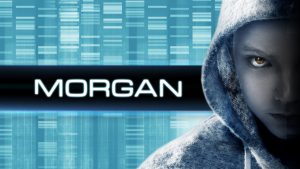
20th Century Fox used IBM’s AI, Watson, to create a trailer for the sci-fi thriller “Morgan.” Watson analyzed hundreds of horror and thriller trailers, identifying elements that resonated with audiences. The result was an effective and suspenseful trailer that reflected the movie’s theme and tone.
2. Black Box (2020)
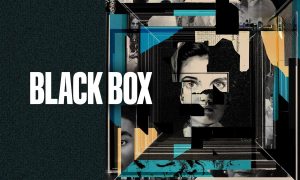
Amazon Prime utilized AI to craft a trailer for the psychological thriller “Black Box.” AI analyzed scenes and audience data to produce a chilling, atmospheric trailer that emphasized the movie’s mystery and tension.
3. Inception (2022)
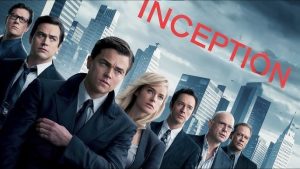
Warner Bros. experimented with AI to create a modern trailer for “Inception,” targeting younger audiences. By analyzing trends and identifying popular scenes, AI generated a new version of the trailer that emphasized the film’s mind-bending storyline.
Viewer Engagement with AI-Generated Trailers
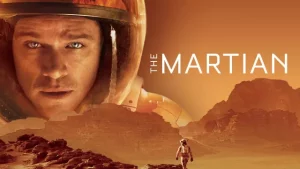
AI-generated trailers have a strong impact on viewer engagement. Because they are designed based on audience preferences, these trailers can create excitement and anticipation for a film. Viewers are more likely to share trailers that resonate with them, leading to increased buzz and interest in the movie. This engagement is crucial for generating word-of-mouth promotion and drawing in larger audiences when the film is released.
Embracing AI in the Film Industry
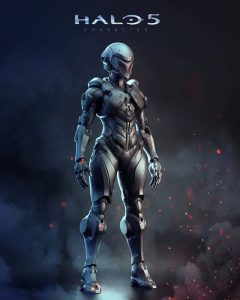
As the film industry continues to embrace AI, we can expect to see more innovative uses for this technology. From script analysis to post-production, AI is becoming an essential part of filmmaking. By accepting and integrating AI into various processes, filmmakers can enhance creativity and efficiency. The combination of human talent and AI capabilities can lead to exciting new developments in how movies are made and promoted.
Challenges of Using AI for Trailers
Despite the benefits, there are challenges with AI-generated trailers. One concern is that AI might miss the emotional depth and creativity that human editors bring. Trailers created by AI can sometimes feel formulaic or lack unique storytelling elements. There is also the risk of relying too much on technology, which could lead to a loss of the human touch in marketing films. Finding a balance between AI and human creativity is essential for creating the best trailers.
The Future of AI in Movie Trailers
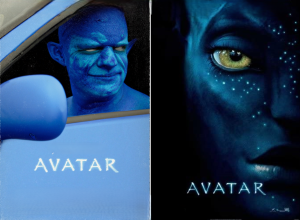
As AI technology advances, the scope for AI-generated trailers will expand, potentially allowing studios to create fully interactive and personalized previews. AI could even develop multi-version trailers tailored to each viewer’s taste, making film promotion more engaging than ever. However, while AI offers substantial benefits, there are concerns about its potential to overshadow human creativity. Finding the right balance between human touch and AI’s efficiency will be crucial for the industry.
Looking Ahead: Innovations in AI Trailer Technology
The future of AI in movie trailers holds many possibilities. As technology advances, we can expect even smarter AI that can create more complex and interactive trailers. For example, AI might be able to analyze real-time audience reactions during screenings and adjust trailers accordingly. This level of personalization could enhance the viewing experience and make trailers even more impactful. The goal will be to use these innovations while still keeping the emotional and creative aspects of filmmaking at the forefront.
Comparative Analysis of AI-Generated vs. Traditional Trailers
| Criteria | AI-Generated Trailers | Traditional Trailers |
|---|---|---|
| Time for Production | Faster, often completed in hours | Slower, can take days or weeks |
| Cost | Lower due to automation | Higher due to manual editing costs |
| Personalization | High, tailored to specific audience segments | Limited personalization |
| Creativity | Unique scene choices based on AI data analysis | Creativity depends on human editor’s vision |
| Viewer Engagement | High, targeted scenes selected by AI | Variable, may not always align with audience |
Detailed Analysis of AI-Generated Movie Trailers
| Aspect | Morgan (2016) | Black Box (2020) | Inception (2022) |
|---|---|---|---|
| Production Company | 20th Century Fox | Amazon Prime | Warner Bros. |
| AI Technology Used | IBM Watson | Custom AI Algorithms | Advanced Data Analytics |
| Trailer Objective | Create suspense and intrigue | Emphasize mystery and tension | Modernize appeal and target younger audiences |
| Data Sources Analyzed | Hundreds of horror and thriller trailers | Audience data and emotional responses | Trends, audience preferences, and popular scenes |
| Key Features | Fast-paced editing, chilling soundtrack, dramatic visuals | Atmospheric visuals, eerie sound effects, focus on key plot twists | Dynamic editing, engaging visuals, thematic music |
| Target Audience | Fans of horror and sci-fi | Fans of psychological thrillers | Younger, tech-savvy audiences |
| Emotional Tone | Suspenseful and mysterious | Chilling and foreboding | Complex and mind-bending |
| Outcome and Effectiveness | Successfully conveyed suspense, increased audience interest | Effectively captured the film’s essence and resonated well with viewers | Revitalized interest in the film appealed to new viewers |
Conclusion
AI-generated movie trailers are redefining how films are marketed. With their ability to produce personalized, engaging, and cost-effective trailers, AI tools are becoming increasingly popular in the industry. From enhancing viewer engagement to saving time and resources, AI-generated trailers present a compelling case for the future of film promotion. As technology continues to evolve, AI-generated trailers are likely to become a staple in the cinematic marketing toolkit, providing audiences with previews that are both tailored and thrilling.

